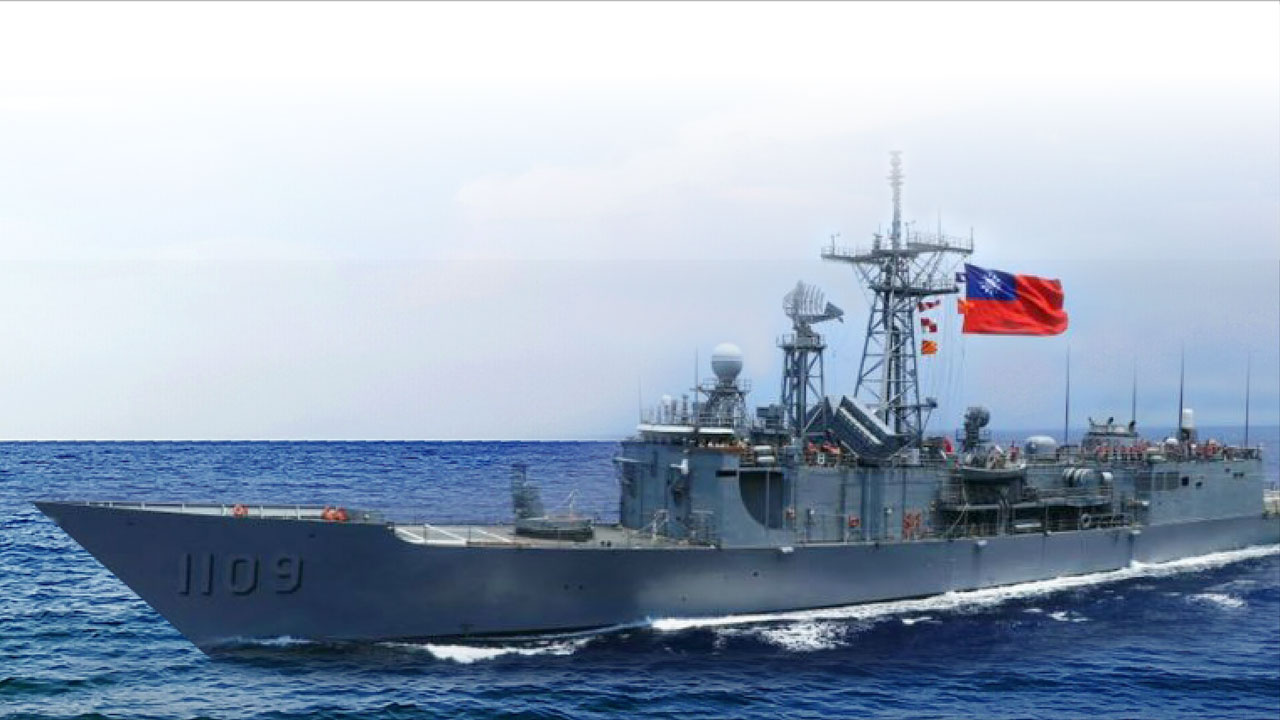Taiwan Will Defend TSMC From US Bombing in the Event of a China War
Geopolitical uncertainty just got another layer of uncertainty.
On Monday, Taiwan’s Minister for National Defense, Chiu Kuo-cheng (邱國正), made a statement about the nation’s territorial integrity. According to the Taiwan News, the Taiwanese minister said that the island’s armed forces would not tolerate any U.S. attempts to destroy TSMC in the event of a war with China. Normally the war of words is heated where Taiwan and China are concerned, but Taiwan and the U.S. are besties, so what is going on?
The geopolitical tensions between the U.S., Taiwan, and China are fundamentally confusing with various principles, understandings, ambiguities, and policies meaning different things to the different parties. We are accustomed to seeing the U.S and Taiwan as allies, but perhaps a recent assertion by U.S. Congressman Seth Moulton has overstepped the mark.
On the topic of U.S. chip policy and China, Moulton recently told political conference-goers that "the U.S. should make it very clear to the Chinese that if you invade Taiwan, we're going to blow up TSMC.” Openly talking about these policies seems to be frowned upon in Taiwan, as made clear by the Defense Minister Chiu’s statement in response to Taiwan media questioning on Monday.
The Taiwanese minister made it clear to reporters that the armed forces are responsible for defending Taiwan (and its people, materials, and strategic resources) from any aggression, regardless of the source. “If they want to bomb this or that," the armed forces will not tolerate it, asserted Chiu.
U.S. Congressman Seth Moulton is a former Marine Corps officer, and a member of the Democratic Party, and it is important to remember his comments about destroying TSMC’s chip making fabs in Taiwan are not without precedent.

Last year we reported on TSMC Chairman Mark Liu, who told interviewers that, “Nobody can control TSMC by force.” He reasoned that, “If you take a military force or invasion, you will render TSMC factories inoperable.” But, explosives wouldn’t be needed, according to Liu, as TSMC's fine-tuned operations would simply crumble as its real-time connections with the outside world evaporated. However, we should remember that China’s motives should not be measured against business rationality. Instead, its policies may be colored by a leader seeking glory, destiny, a legacy, and so on.
Similarly, in October last year, we reported on a statement by the director general of Taiwan’s National Security Bureau, Chen Ming-Tong. According to reports, Chen told Taiwanese lawmakers that TSMC would have to essentially close without the contributions of the likes of ASML and other foreign suppliers. “Even if China got a hold of the golden hen, it won’t be able to lay golden eggs,” summed up the National Security boss.
Hopefully the above situations will never unfold, and the actual policies regarding the destruction (or defense) of strategically important facilities like TSMC will therefore never be enacted.
Get Tom's Hardware's best news and in-depth reviews, straight to your inbox.

Mark Tyson is a news editor at Tom's Hardware. He enjoys covering the full breadth of PC tech; from business and semiconductor design to products approaching the edge of reason.